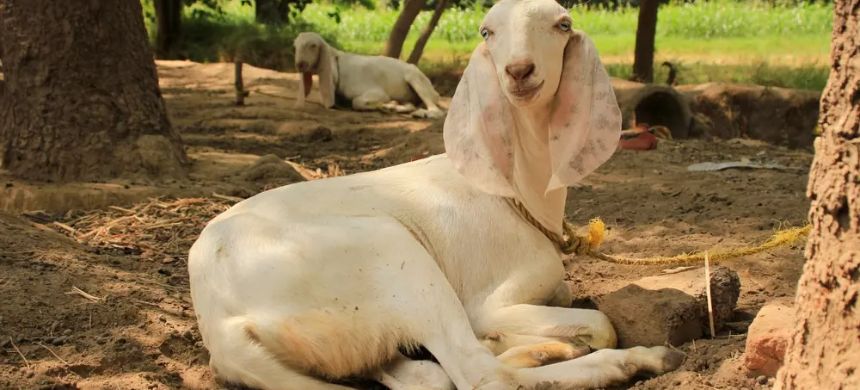As soon as the Zilhajj moon is sighted, many people head to cattle markets to buy sacrificial animals in preparation for Eid-ul-Adha, aiming to uphold the Sunnat-e-Ibrahimi.
However, each year, cases emerge of animals falling ill or escaping before Eid. Many buyers, often inexperienced, struggle to recognize signs of poor health or distress in the animals.
Read more: Nawaz Sharif Departs for London to Celebrate Eid
Speaking on ARY News, veterinary expert Dr. Naseebullah Malik explained that animals commonly experience stress when brought home due to the sudden change in environment, with surrounding noise—especially from children—making it worse.
He advised against bathing the animals immediately, as their body temperature is usually high after transport, which can cause health issues. Feeding should be limited to twice daily—morning and evening—and excess fodder should not be left in front of them. Water should be given gradually and regularly instead of in large amounts at once.
To prevent heatstroke, Dr. Malik stressed the importance of administering ORS or glucose first, ensuring the animal’s temperature is stabilized before giving any medication.
Because dehydration is a common issue, timely rehydration and even light physiotherapy can help maintain the animals’ well-being. With proper care, sacrificial animals can remain healthy and safely reach the day of Eid.











